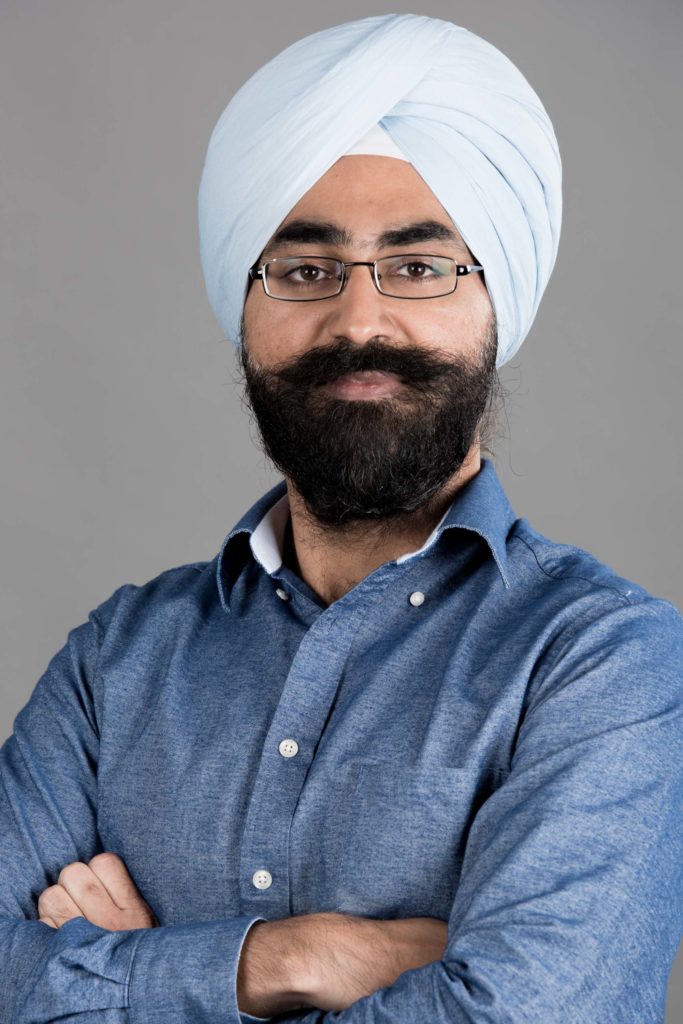In this interview Irwin Anand, Managing Director of Udemy, the global marketplace for learning and teaching online, talks about the global giant’s plans for the Indian market and the uniqueness of the market place.

Headquartered in San Francisco, Udemy is a leading player in the global market place for online learning. For Udemy, market place means the instructor and the student. Currently, Udemy has 42000 instructors at a global level who have created roughly 30 million minutes of content on the site and these course have been taken by 40 million students globally who had a choice of more than 50 languages.
The company has multiple offerings in topics ranging from programming and data science to leadership and team building. First one is offered directly to the consumer. Second, the company reaches out to enterprises or corporates where it offers a curated learning platform, which is a different experience than the regular one. “We select about 3000 course out of the 1 lakh courses which we believe is more relevant for businesses,” says Irwin Anand, Managing Director. Third is Udemy for government where it talks about skilling and reskilling the government and public sector employees and also in participating in skill development initiatives which are championed by the Government.
As Udemy’s market place is global by nature, it aims to unlock new set of countries and develop and penetrate that market. One such market for Udemy is India, which is the largest and fastest growing one for the company. With an objective of setting up local operations, Udemy brought on board Irwin Anand as its Managing Director. In this conversation with Smart CEO, Irwin Anand, Managing Director, talks about the company’s plans for the Indian market and the uniqueness of the market place it operates in.

Your top priorities
My priority is market development. The Direct Consumer category is about acquiring new learners and building loyalty with existing learners through market development. For the Enterprises and Government category, it’s important to look at structured deals.
Our first local business office was set up in Brazil last year and India is the second local office with a team in Gurgaon. For me a big chunk of focus is hiring team in India and build the right culture, to make team effective, to be closer to customers and have the team understand the need and opportunities in India. It is important for us to advocate the cause of Indian learners and instructors within Udemy and offer a more localised experiences for our learners in India.
What drove your decision to join Udemy after being the COO OLX?
I had an extremely enriching experience in OLX. One of the things that engaged us was it was a vision driven company. It was all about enriching people’s lives through win-win exchanges. Similarly, Udemy has a very powerful vision that resonates with me, improving life through learning. Learning is a constant need and there is a tremendous opportunity to create and touch people’s lives by focussing on skilling and reskilling. This apart, Iam also passionate about building a two-sided market place like what Udemy is, which I enjoyed doing in OLX.
The biggest challenge is that Indian user base uses mobile and connected device. The courses that do well on Udemy are IT and data science, which are desktop heavy courses. People who take a course or lecture on the phone might want to practice on a laptop or a desktop.
Share more details about plans for Udemy in India?
A large portion of our job is market development. There are reports that there will be a half a billion opportunity by 2021, but I believe that it will be even larger and to unlock that we require a local team which is closest to our customer.
When you something which is not well understood there definitely will be a huge chunk of initial adapters. However, larger opportunity for us is from those who are still sceptical and that is my focus.
Learners in Udemy US still prefer desktop as a medium to consume and search content. In India, it is essentially the opposite where search, discovery and other Internet user editions are happening from mobile and connected devices. Almost 50 per cent comes from mobile platform. So our opportunity is also to understand how to do experience optimisation to offer more enriching learning experience through mobile and connected devices.
So broadly, our aim is to double the market and grow the revenue atleast 2X this year. Be it on the product side or content side, market development or marketing, this year is all about experimentation and create cases to understand our consumers and understanding what will work and what will not.
As far as courses go, Udemy focuses on professional skills. These are skills which people need either acquiring new skill, or sharpening their existing skills which helps them in becoming more effective for the task at hand, or helping them with what comes next or making them solve a problem at hand. Our target audience is essentially anyone in a professional job across multiple industries. Secondary audience is also students who are doing courses in Universities or Colleges who are looking at supplementary learning for gaining job oriented training than what is offered in their campuses. The demand right now for digital oriented content – IT software and programming. The next chunk of our revenue comes from business skills like finance, digital marketing, design and so on.

Challenges that are unique to the Indian market
The biggest challenge is that Indian user base uses mobile and connected device. This is ofcourse an internal challenge. If you look at courses that do well on Udemy, it is IT and data science, which are desktop heavy courses. People who take a course or lecture on the phone might want to practice on a laptop or a desktop. Our opportunity here is to build the right user experience in a mobile first era, where consumption is happening through video context on phone or connected device.
How does Udemy build its community of users and keep them engaged?
Those who enrol for Udemy courses essentially return to the platform to take new courses. For example, students who are in engineering colleges, by the time they enter the workforce, there are new roles which they were not aware of and come to Udemy for training. When they start performing that role, they come back to Udemy to reskill themselves after three years.
That is the biggest opportunity from Udemy perspective, we have to be able to engage with acquired customer and offer them unique learning need or appeasing to their unique learning need which might appear over a period of time.
Community though works well for us from an instructor perspective. We have 42,000 instructor participating on Udemy and new instructors coming in and 1000s of new courses get produced. From our perspective, it is difficult for us to have a one-on-one engagement with instructors because of such huge numbers. Community is leveraged by us on the instructor side. A new instructor is guided on how Udemy works, how to record video, right tools, how to be successful on Udemy. There are many questions which every new instructor has and we respond to that through the community. We have two communities – first time course instructor and those already created course. They engage with each other and share a lot of learnings.

What’s Udemy’s five-year vision and how do you plan to achieve it?
It’s all about the company’s vision. It Is two fold : one, being there, allowing learners to find the right teacher and that’s a market place experience. If you want to take a course on python, for example, you will have an option to have to take the course from 100 instructors. You can take screening videos and choose which instructor you want to take the course from. The other vision for Udemy is also to be the go-to platform in its category. Within the market place, there are many categories – K12 learning and upskilling. What we realised is that the sweet spot is in professional skills. From vision perspective, we want to be experienced in professional skills and that will align what we do not only from India perspective but from a global perspective as well.